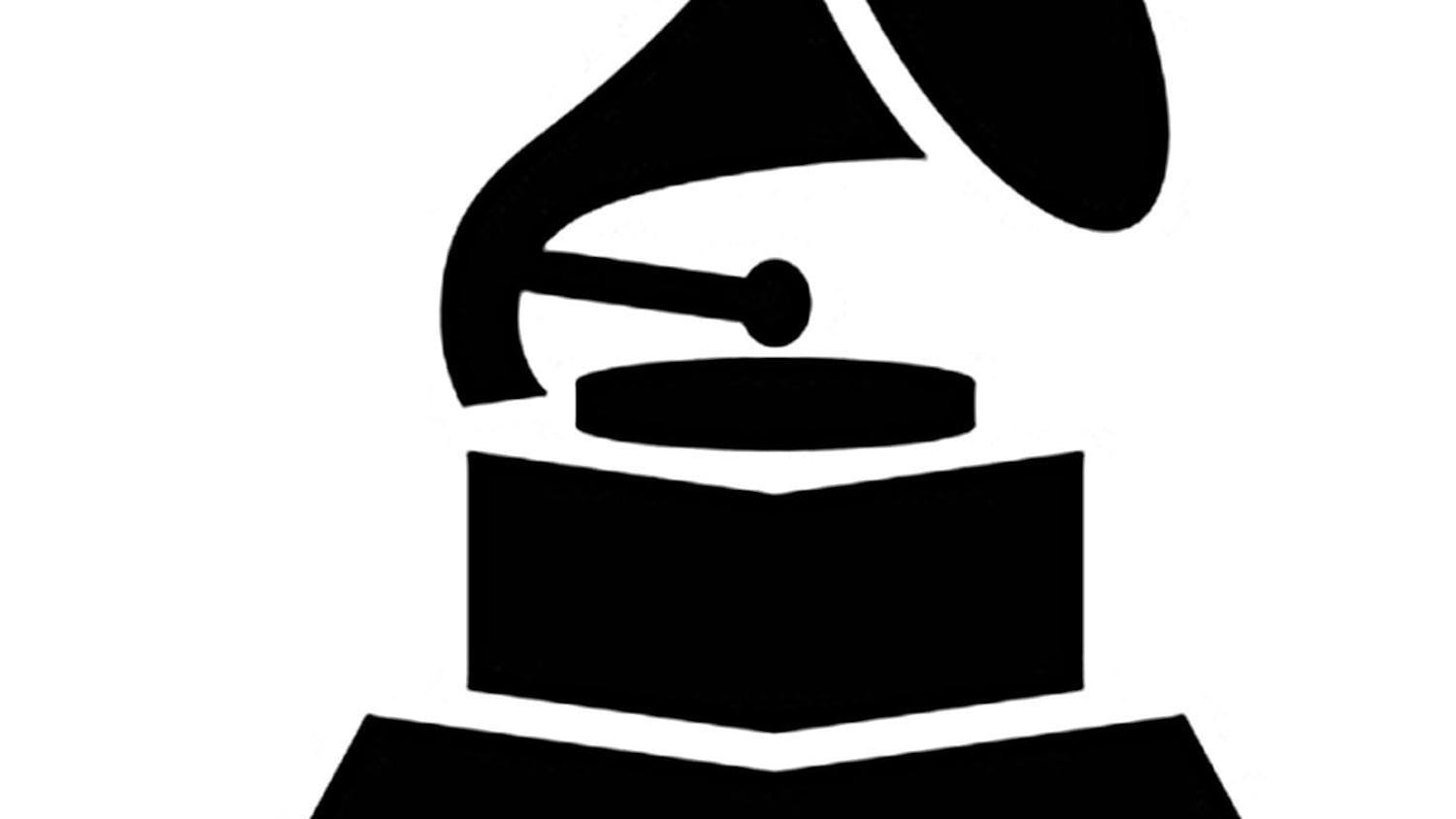This spring, UB Health Promotion is looking to get a snapshot of student health at UB.
UB Health Promotion will email the National College Health Assessment to 20,000 students starting on Monday. The survey, a pilot test by the American College Health Association, collects students’ answers on everything from views on sexual health to mental health. This year’s survey will include questions on food insecurity, health resilience and health communication, according to UB Health Promotion employees.
Sherri Darrow, director of UB Health Promotion, said the office has administered the survey every three years since 2007. Darrow said her office uses the information to improve its services like the Mindfulness program, as well as those of other departments like Campus Living residence hall programs.
The 2007 assessment was the first step toward “drawing the picture” of health on campus, Darrow said, and allowed her office to see how UB compared to other colleges and universities.
Assessments in later years, as well as other UB health programs, elicited a better view of issues like UB students’ alcohol usage, she said.
“The assessments allow us to give feedback to our students, so if a student thinks everybody drinks the way they do, [such as] eight drinks [in a night], we could say ‘Well, no, only 10 percent of our students drink that way,’” Darrow said.
Three years ago, NCHA also helped UB Health Promotion discover that stress was students’ biggest impediment. The survey results led the office to focus on stress-reduction services on campus.
Darrow said her office doesn’t just want to know about pregnancy risk or sexual protection this year, but also about issues around sexual health communication and how comfortable partners are with one another.
“We want to know how comfortable you feel talking about what is good for you, how comfortable you feel talking to what you will or won’t do with your sexual partners,” Darrow said.
The survey goes beyond undergraduate students, as Darrow’s office sends the survey to everyone from freshmen to professional students. UB Health Promotion can add custom questions to the NCHA, as it did in 2016 for questions on food insecurity.
Now that food insecurity questions are part of the national survey, Darrow said those answers can help with UB’s food pantry task force –– a task force which she chairs –– as well as broader health practices at UB.
The survey will cover flourishing –– or positive healthy lifestyles –– to reflect the healthy state of most UB students, Darrow said.
But Darrow said some issues addressed through NCHA data don’t have positive reciprocals. About 10 percent of the U.S. population, for instance, eats five or more servings of fruits and vegetables a day, Darrow said. She said increasing this number is “definitely” a priority at UB.
Mary Hoban is ACHA’s chief research officer. Hoban said more than 900 colleges and universities in the U.S. and Canada have used the assessment since the ACHA-NCHA efforts began in spring of 2000. Hoban said the survey is periodically updated to include new measures important to the wellbeing of college students.
NCHA is also integral for secondary data analysis, she said, which includes research on depression and e-cigarette use as well as subpopulation research such as data on international students and trans-spectrum students.
Alyssa Lederer, an assistant health professor at Tulane University, is an ACHA-NCHA advisory committee member. Lederer said the committee has focused on its first major revision to NCHA since 2008 in order to cover trends in health issues and terminology.
“[For instance] the Juul did not exist until about a year ago but is now a common nicotine delivery device; marijuana is now legal in some states; and although food and housing insecurity are long-standing issues, it was not until recently that we understood the extent to which we should be assessing these concerns at the collegiate level,” Lederer said.
Lederer said the committee worked to ensure the revised survey reflects the broad spectrum of critical college issues and after institutions pilot the survey this spring, a final version will debut at national ACHA institutions in the fall.
Darrow said it’s important for students to fill out the NCHA, as methods to improve services can’t only come from UB health officials.
“It has to be a campus-wide effort to build the healthy campus that we want,” Darrow said.
The NCHA will be in students’ inboxes starting Monday and students who fill out the NCHA have the chance to win $100 or $50 Campus Cash.
Benjamin Blanchet is the editorial editor and can be reached at benjamin.blanchet@ubspectrum.com and on Twitter @BenjaminUBSpec.

Benjamin Blanchet is the senior engagement editor for The Spectrum. His words have been seen in The Buffalo News (Gusto) and The Sun newspapers of Western New York. Loves cryptoquip and double-doubles.





